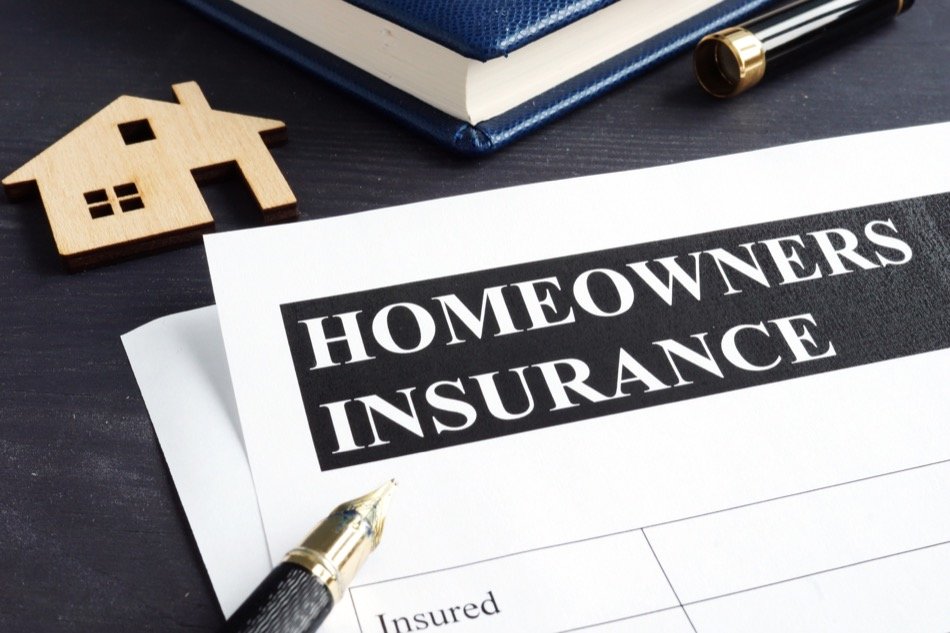How to Pick the Right Home Insurance
Posted by Justin Havre on Thursday, February 14th, 2019 at 8:43am.
 There are plenty of misconceptions about home insurance in Canada, making it difficult to answer even some of the more simple questions about it. Because each homeowner is different, each policy will come with its own specific set of rules. For new home buyers who just want to do the right thing for themselves and their property, it's time to consider the facts of home insurance. Picking the right level of coverage starts with understanding the underlying principles.
There are plenty of misconceptions about home insurance in Canada, making it difficult to answer even some of the more simple questions about it. Because each homeowner is different, each policy will come with its own specific set of rules. For new home buyers who just want to do the right thing for themselves and their property, it's time to consider the facts of home insurance. Picking the right level of coverage starts with understanding the underlying principles.
For informational purposes only. Always consult with a financial advisor or insurance agent before proceeding with any real estate transaction.
Made for You
The policy and premium will depend on a few basic factors. Location, size of the home, and financial standing are all just a few ways the insurance company will calculate the total. For example, if the property is large or in a neighborhood with historically inclement weather, the premium will reflect those risks. If the home is older or in poor condition, it will be more likely to be damaged in a storm.
It will also take into account what the homeowner plans to do on the property. If they're planning to operate a side mechanic's business in their garage, the insurance company will try to account for potential accidents or injuries that may occur. If they're planning to rent the home on an Airbnb, the insurance company will also account for these risks. Homeowners who don't report certain facts about their plans will likely have their claim denied.
Total Coverage
There are four key types of insurance that homeowners will see when they first apply. A no-frills policy is the lowest level a homeowner needs to stay legal. No-frills is so basic that not everyone is eligible to apply for coverage. On the other side of the spectrum, a comprehensive policy is the highest level of coverage. In the premium, it will list events that aren't covered as opposed to the ones that are.
If a homeowner is looking for something more middle of the road, they have the option of either a standard or a broad policy. The standard policy will typically list all of the events that are covered (while anything else is excluded). A broad policy is often referred to as a hybrid between comprehensive insurance and a standard policy. It may replace certain possessions of the homeowner and exclude other losses. A broad policy is often extremely complicated, so homeowners may want to get some professional advice before signing up for this option.
The Events
Insurance companies use certain terms in their policy that may confuse homeowners.
- Predictable: A predictable event refers to one that a homeowner can prepare for in advance. For example, if a drain has been clogged for weeks and the homeowner hasn't fixed it, they won't be able to file for a claim in the event of water damage.
- Unexpected: Unexpected events are those that can't be predicted, such as a nasty storm or a criminal fire. But homeowners should be careful with this term because not all unexpected events will be covered. Earthquakes or floods are often excluded due to the nature of their damages. Homeowners will need to buy additional insurance if that want to be covered against these events.
Home insurance is, to a certain degree, based on common sense. However, it's a complicated enough subject that Sheep River homeowners may need some extra help. In general, it helps to have as much coverage as possible to prevent a financial catastrophe.
For informational purposes only. Always consult with a financial advisor before proceeding with any real estate transaction.
